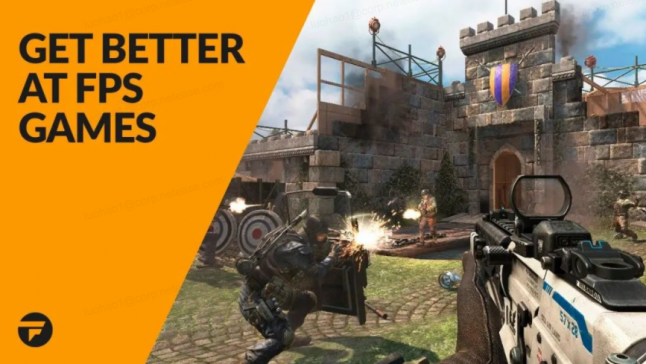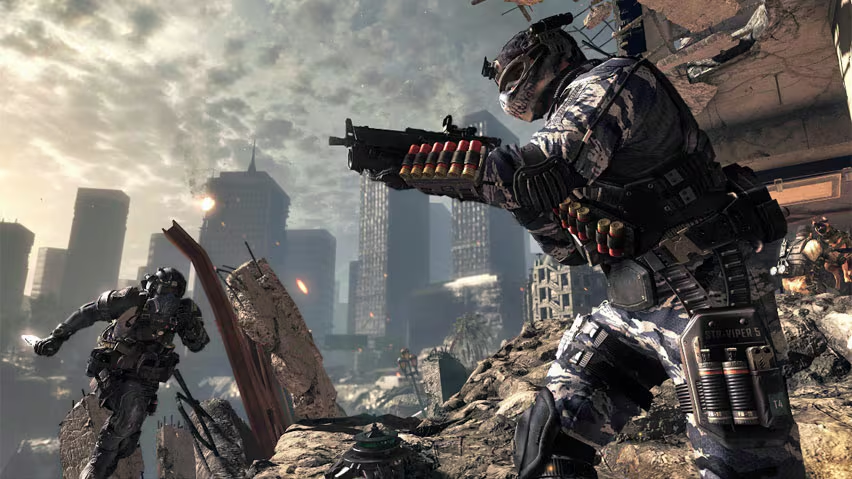Introduction
Shooter games have captivated millions of players worldwide with their fast-paced action and competitive gameplay. But what is it about these games that keeps players returning for more? Understanding the psychology behind shooter games reveals why they are so engaging and addictive.
The Thrill of Competition
At the core of shooter games is the thrill of competition. Players often compete against others in high-stakes matches, where quick reflexes and strategic thinking determine the outcome. This competitive element triggers the release of dopamine, a neurotransmitter associated with pleasure and reward. The drive to win and improve skills creates a compelling reason to keep playing.
Sense of Achievement
Shooter games offer a clear sense of achievement through rewards and progression. Players earn points, unlock new weapons, and achieve higher ranks as they advance. This continuous feedback loop reinforces a sense of accomplishment and motivates players to keep playing. The satisfaction of mastering a difficult game or achieving a high score contributes to the game’s addictive nature.
Social Interaction
Many shooter games feature multiplayer modes that allow players to interact with others. This social aspect enhances the gaming experience, fostering a sense of community and teamwork. Players build relationships, communicate strategies, and collaborate to achieve common goals. The social interaction and camaraderie make the gaming experience more enjoyable and encourage players to return.
Adrenaline Rush
Shooter games are designed to be intense and fast-paced, providing an adrenaline rush that can be both thrilling and addictive. The constant action, high stakes, and quick decision-making keep players on edge. This adrenaline-driven excitement releases endorphins, contributing to the overall enjoyment and making players eager for the next gaming session.
Escapism and Immersion
Shooter games offer an escape from the real world, allowing players to immerse themselves in a virtual environment. The immersive experience provides a break from everyday stresses and challenges. Engaging gameplay, detailed graphics, and realistic sound effects enhance this sense of immersion, making the game world feel vivid and compelling.
Mastery and Skill Development
The opportunity to develop and refine skills is a significant draw of shooter games. Players practice and improve their aim, reflexes, and strategic thinking. The gradual progression from novice to expert provides a sense of personal growth and mastery. This continuous improvement and the challenge of overcoming more skilled opponents keep players invested in the game.
The Power of Reward Systems
Shooter games often employ sophisticated reward systems to keep players engaged. Achievements, leaderboards, and in-game currency provide incentives for continued play. These rewards create a sense of progression and reinforce positive behavior, making players more likely to return. The anticipation of earning rewards or reaching new milestones drives ongoing engagement.

Community and Competitions
The presence of gaming communities and competitive events further enhances the appeal of shooter games. Tournaments, leagues, and online forums offer opportunities for players to showcase their skills and gain recognition. These competitive aspects foster a sense of belonging and motivate players to keep honing their abilities and participating in the community.
Cognitive and Emotional Engagement
Shooter games engage players both cognitively and emotionally. The need for strategic planning, quick decision-making, and spatial awareness stimulates mental engagement. Emotionally, the highs of victory and the lows of defeat create a dynamic experience that keeps players emotionally invested. This combination of cognitive and emotional engagement contributes to the game’s overall appeal.
Conclusion
The psychology behind shooter games reveals a complex interplay of competition, achievement, social interaction, and immersive experiences. The thrill of competition, sense of achievement, and adrenaline rush all contribute to their addictive nature. Additionally, the opportunity for social interaction, mastery, and the presence of reward systems keep players coming back for more. Understanding these psychological factors helps explain why shooter games continue to captivate and engage players across the globe.

